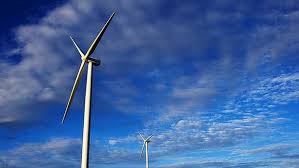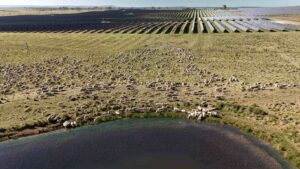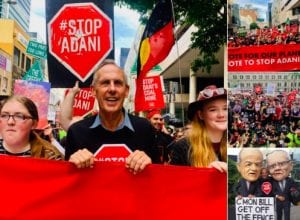Australian investment in clean energy plunged in 2014 – falling below that of small third world economies such as Honduras and Myanmar – underlying the catastrophic impact of the Abbott government’s war on renewable energy.
Bloomberg New Energy Finance, in releasing final estimates for the 2014 calendar year, said Australia had become “uninvestable” for large-scale projects – just as the scale and breadth of such projects increased dramatically around the world.
In fact, it wasn’t for the investment in rooftop solar by individual households and businesses, investment in clean energy in Australia would have come to a virtual standstill because of the uncertainty around the renewable energy target.
Data released by BNEF for calendar 2014 shows that total investment in clean energy in Australia fell to its lowest level since 2009.
The biggest fall has been in large-scale investment, which slumped 88 per cent during the year to its lowest levels since 2002 as a result of the Abbott government attempts to cut, or even repeal, the RET.
Just $240 million was invested as Australia slipped from 11th to 39th spot in large-scale renewable investment, and now ranks behind the likes of Honduras (33rd), Costa Rica (27th) and Myanmar (24th).
“The severe downturn in large-scale investment has been caused by the federal government’s review of the Renewable Energy Target, which has made the sector practically uninvestable,” BNEF said.
“Its controversial review panel recommended scrapping the target or radically diminishing it in August 2014, but the government is yet to announce a position that can gain approval of the parliament and restore confidence to the sector.”
The impasse over the RET remains, with the Coalition government showing no interest in negotiating an outcome that does not result in a massive cut in the 2020 target. It knows that as long as the issue is not resolved, investment in clean energy will remain at a standstill.
The one bright spot in Australia’s clean energy landscape is rooftop solar, with more than $2.3 billion invested by households and businesses over the year. A further $2 billion may have been invested in storage, smart meters, R&D and other technologies, but this figure is likely to be revised downwards.






